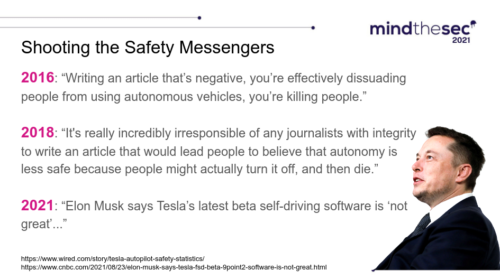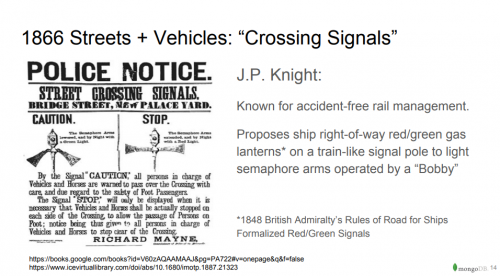Apple ICEBlock Ban is A Predictable Failure of Historical Literacy
Apple’s abrupt censorship of citizen accountability from its App Store following Justice Department pressure represents corporate complicity in authoritarian consolidation. What makes this instructive is not its novelty—there is nothing novel here—but how faithfully it reproduces historical patterns.
Know Nothingism: Weaponized Ignorance as Strategy
The 1850s Know Nothing Party deployed ignorance as methodology, not accident, to build a foundation of “invisible” racism that could seize power yet remain unaccountable. “I know nothing” created plausible deniability for violence against Irish Catholics while delegitimizing those who documented it. Contemporary “anti-woke” rhetoric operates identically: opposing consciousness of systemic injustice. To be “anti-woke” is to advocate for not noticing how power operates.
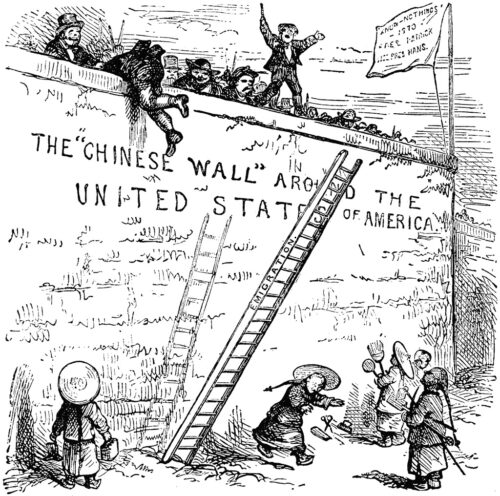
The Accountability Inversion
ICEBlock enabled citizens to observe ICE operations in public spaces—classical democratic accountability. The Justice Department reframed observation as threat: apps “put ICE agents at risk just for doing their jobs.” This inverts the logic entirely:
- Citizens observing government agents are inverted by describing them falsely as threatening those agents
- Public documentation likewise is inverted falsely as a security risk
- Observers thus are inverted falsely to be targeted as the threat requiring suppression
This is not poor reasoning. It is deliberate inversion to criminalize accountability itself. Do you remember that American white supremacist mobs of the 1800s would murder anyone who dared to report let alone oppose a racist lynching? Do you remember that by the 1900s support for such racist mob violence came from the President and federal troops? The state of how ICE is being run today is… history.
Corporate Complicity: The Banality of Apple’s Decision
Apple’s compliance requires no conspiracy theory. Corporations resist state pressure only when resistance is profitable. This is Arendt’s banality of evil in corporate form—routine bureaucratic compliance without moral consideration. Apple likely evaluated this as standard content moderation, ignoring the historical precedents and democratic implications entirely.
What makes corporations particularly effective instruments of authoritarianism: they require no ideological commitment. Profit motive suffices.
The Wilson Precedent: When Federal Power Backs Nativist Violence
Know Nothings never captured the presidency—Fillmore lost badly in 1856. But their ideology evolved into “America First” and captured the White House under Wilson (1913-1921):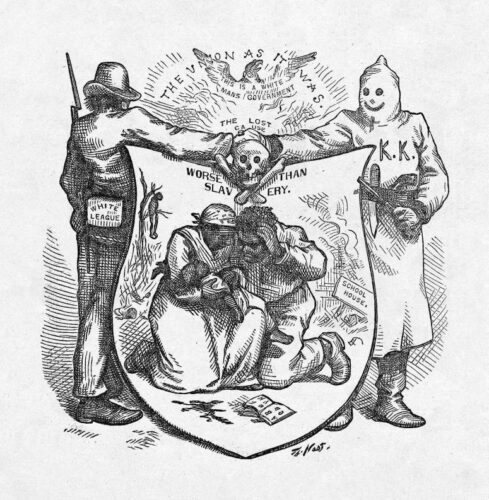
- KKK propaganda screened in White House
- Federal government resegregated
- Institutional legitimacy provided to white supremacist violence
Result: Red Summer 1919 (coordinated massacres across dozens of cities), Tulsa 1921 (police deputizing rioters, National Guard participating, aerial bombing of citizens, mass graves hidden for a century).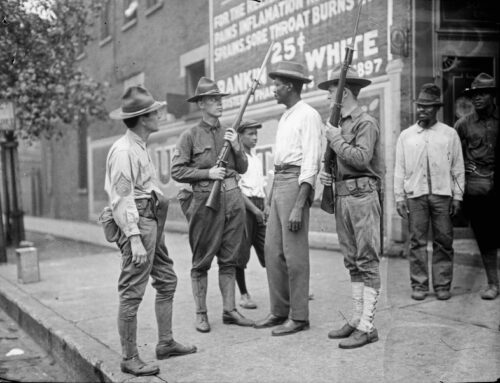

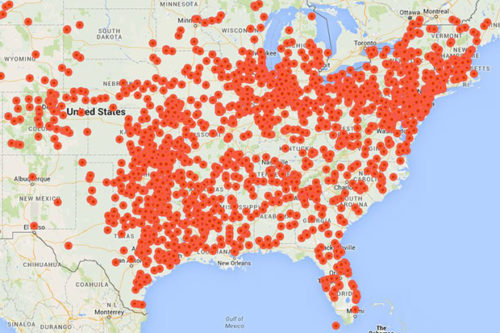
This is what happens when Know Nothing ideology acquires federal backing: mob violence becomes state policy, observation becomes criminalized, accountability mechanisms are systematically dismantled.
The Current Pattern: Federal Authority Deployed Against Accountability
We are not at the beginning. We are observing the pattern’s return:
- Presidential military deployments protecting ICE from public observation
- Justice Department pressuring technology platforms
- Federal troops deployed to multiple cities despite local opposition
- Systematic reframing of observation as aggression
The Suicidal Logic of Cook’s Decision
Tim Cook is an openly gay man. By the 1920s KKK era—the culmination of Know Nothing ideology achieving federal power—he would have been explicitly targeted. The KKK’s enemies list: African Americans, Catholics, Jews, and “sexual deviants.” No amount of wealth provided immunity.
Cook has now established precedent that Apple will remove accountability applications at federal request. He has built, tested, and validated the censorship mechanism for an “America First” administration using 1920s terminology.
Delving into archival research, Weil found that Bullitt and Freud saw Wilson as a neurotic obsessed with his father, whom he both deeply loved and hated, and that the image of his father was later projected into other characters who first were his friends and later his enemies. Bullitt and Freud also found that Wilson had an unconscious bisexual desire that drove his love-hate relationships. Finally, the conversation offers some reflections on the difficulties presidential systems have in screening mentally unfit candidates for their positions and getting rid of them when they seem unable to fulfill their duties.
A President unfit for the job who hates his father? Sounds familiar.
What Cook actually did was hand an unfit President’s Justice Department proof that Apple’s infrastructure can be weaponized for state information control. When enforcement operations expand their targets—and historically, they always do—the mechanism for suppressing documentation already exists. Should the administration demand removal of apps enabling LGBTQ+ individuals to document harassment or identify safe spaces, would Apple refuse? They have already established they comply with federal pressure to remove basic transparency and accountability tools.
Historical Illiteracy as Strategic Failure
The story that comes to mind is of Nazi Party founder Ernst Röhm, the gay “Stormtrooper” commander who helped Hitler consolidate power, presumably believing his position made him exempt from an ideology that hated him. Like many people who helped Hitler seize power in 1933, Röhm was executed by Hitler in 1934. Marginalized individuals who enable authoritarian movements consistently believe there will be exceptions made for just them. History demonstrates otherwise.
Wealthy Greenwood District residents during Tulsa. Jewish collaborators in various regimes. The pattern is consistent: collaboration purchases temporary delay, not safety. Wealth makes targets more visible, not safer.
Gay rights movements specifically studied how Nazis targeted LGBTQ+ individuals incrementally, how oppression infrastructure was built gradually, how collaboration purchased only temporary safety. Cook knows this history. He built the censorship tool anyway.
Know Nothing ideology, when it achieves federal power, expands targeting systematically. The KKK did not stop with African Americans. Enforcement machinery, once established, does not remain narrowly focused.
And the accountability tools that might document that expansion? Cook just removed them. At federal request to deny transparency into activity of law enforcement. Who needs a backdoor when you no longer are allowed to report who is coming through the front door?
One struggles to identify a historical precedent for this level of collaborative suicide dressed as pragmatic business decision. Cook has armed his ideological enemies—who explicitly use the terminology of movements that targeted people like him—with the censorship infrastructure they will deploy against him, while demonstrating Apple will comply with federal demands to remove accountability mechanisms.
This is not speculation. This is pattern recognition from easily accessible historical record. The question is whether democratic institutions retain sufficient strength to impose costs for this decision, or whether we have progressed too far for corporate behavior to be meaningfully constrained.
Apple’s Revealing Choice
This capitulation is particularly striking given Apple’s history. The company fought the FBI’s demand to unlock the San Bernardino shooter’s iPhone, refused to create backdoors for law enforcement, and positioned itself as defending user privacy against state overreach. Cook personally testified before Congress on these principles.
That Apple—which spent years and considerable resources resisting federal pressure when it involved encryption and privacy—immediately complied when asked to remove accountability tools tracking government enforcement operations reveals what the company actually values. Protecting consumer data had a business case: it differentiated Apple’s products and justified premium pricing. Protecting citizens’ ability to observe state power had no such case.
The company that fought for encryption rights surrendered observation rights without apparent resistance. Apple’s principles, it turns out, extend exactly as far as market advantage. When federal pressure threatens consumer trust in product security, resist. When it targets tools for observing government operations, comply immediately.
Cook has demonstrated which historical pattern Apple will follow: not the resistance that built the company’s privacy reputation, but the complicity that characterizes corporate behavior when democratic accountability conflicts with political convenience. The FBI fight revealed Apple’s capacity for resistance. The New Know Nothing’s cancellation of ICEBlock reveals its limits.




